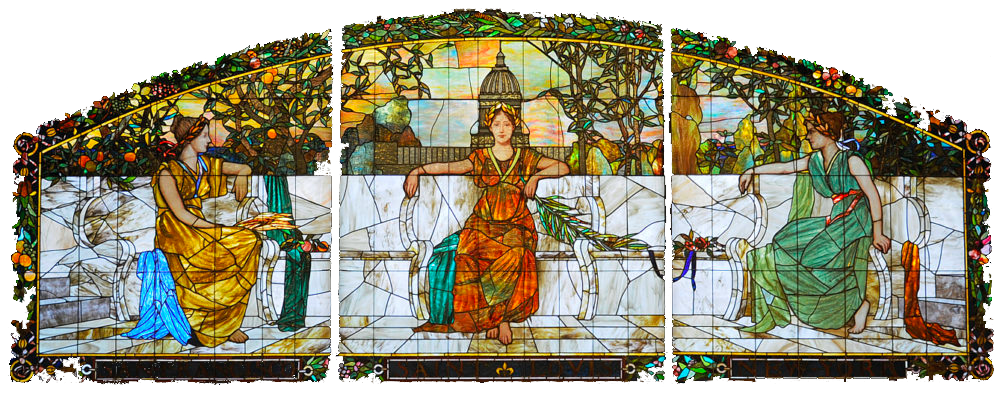Perhaps you’ve seen the New York Post essay making the rounds. It’s entitled “Why I’ll Never Join Your Stupid Book Club.” I’m not going to link it, because its fifteen minutes of fame should be over.
Here’s what you need to know:
1. The author had attended a book club to discuss her first novel and was then invited to join that club.
2. The author feels that her reading experience is totally ruined by discussions with a “huddle of women blathering over mimosas and cheese cubes.”
3. The author prefers to “let the book simmer” in her head “before it becomes a part of my soul,” and she can’t do that while “trapped in a room with 12 biblio-bitches who can’t articulate …”
Ok. So there’s nothing wrong with the desire to internalize one’s reading experience. Reading is personal, different for each of us. But, even when I set aside the author’s need to belittle other reading approaches in order to aggrandize her own, there’s still something I just don’t get. The writer of this essay isn’t simply a reader. She’s an author, which means she’s dissing the very people who could help make her novel a success. But, beyond that, she’s missing out on a huge gift: the opportunity to engage in discussion about that book she worked so hard to bring into the world. (Because, really – who wants to invite her to their book club after knowing the disdain she holds for each member there?)
I’ve enjoyed my recent interviews. Both in written and oral form, interviewers have posed questions that made me view NEWPORT in a whole different way. Book clubs take that even one step further by inviting conversation. They not only provide reader insight, they offer an author the chance to understand the “why” behind those insights. That’s a veritable gold mine of information. I have a few book club invitations on the horizon, and I couldn’t be more interested in what readers have to say.
I wish I had that same conversational opportunity with reviews.
Reviews seem to fall into three categories: positive, “meh,” and “huh?” Not surprisingly, the positive reviews feel great. I write because I want to share a story that I hope people will enjoy. Knowing that I’ve given someone that pleasure is a lovely thing.
The “meh” reviews can be hard (see above reason for why I write), but they’re to be expected. Not every reader enjoys the same kind of book or writing style, and it would be foolish to believe that I could please all. I do appreciate when “meh” reviews include explanations that allow potential readers to decide for themselves whether or not the story might be their own cup of tea.
But the “huh?” reviews … they’re the ones where I want to know more. What does it mean when a positive review says NEWPORT was like a “plot from scooby doo (sic)”? Why the surprised irritation that the story line includes seances when the plot synopsis states that it does? Why are “flawed characters” a bad thing? Enquiring minds want to know!
I would love to sit in a forum that included those who loved NEWPORT’s aura of the 1920s and those for whom there was no evocation of the era at all. And let’s invite those who felt that the supernatural aspect of the book was a fascinating addition and those who thought that the supernatural torpedoed the story. Ultimately, writing is about communication. I’d consider myself lucky indeed if something I wrote stimulated a conversation.
So, please invite me to your book club! And, if that’s not feasible, there are a few other ways to clue me in on your thoughts (or to get an idea of mine). I’ll be hosting #LitChat on Twitter on Monday, August 24th from 4 p.m. until 5 p.m. Join the conversation! You can also drop me a line at jillmorrowbooks@gmail.com. (All of my contact info is here.) I’d love to hear from you.
And I actually like mimosas and cheese cubes.







